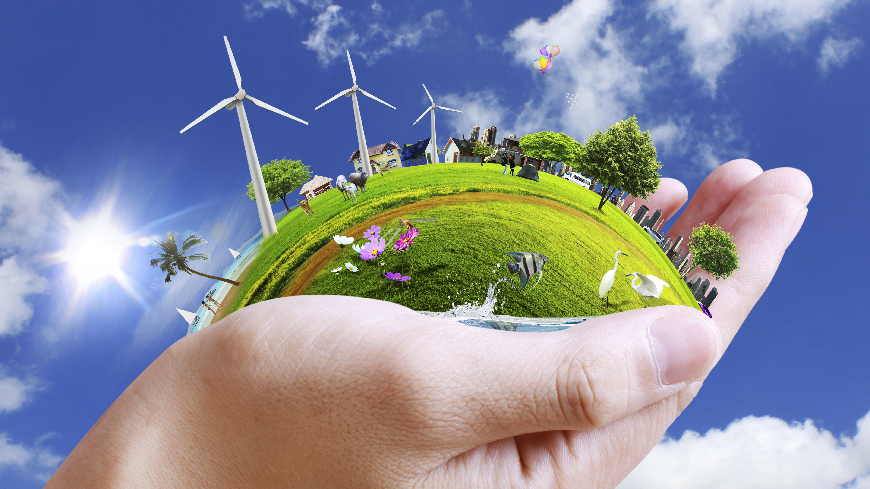The United Nations (UN) defines sustainability simply as “meeting the needs of the present without compromising the ability of future generations to meet their own needs.”
Environmental sustainability is important to preserve resources like clean air, water and wildlife for future generations. Much of environmental sustainability involves balancing the extent to which natural resources are used compared to their availability. If society consistently consumes natural resources at a faster rate than nature can replenish them, this is unsustainable. There are two approaches to sustainability, namely reduction and efficiency.
- Reduction simply means reducing the total amount of resources consumed,
- Efficiency means reducing the amount of wasted materials from industrial and other processes.
